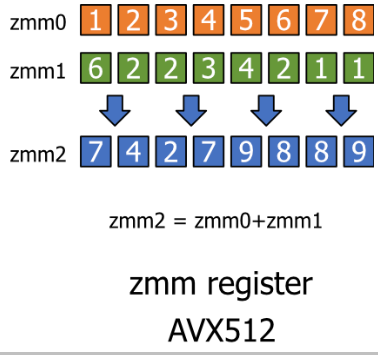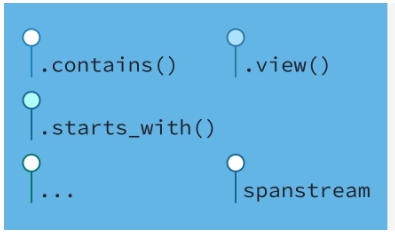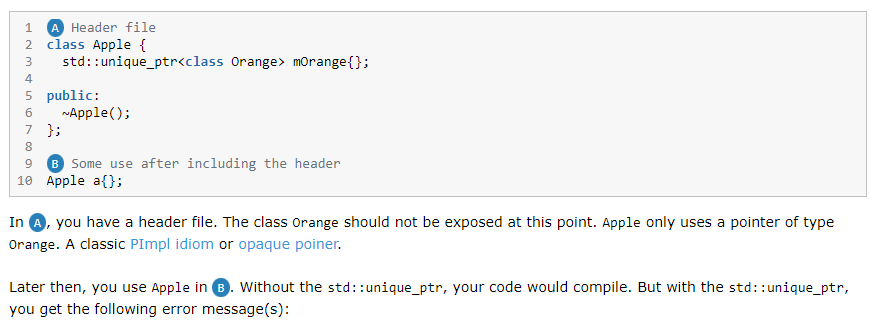SObjectizer Tales – 15. Monitoring disconnections--Marco Arena
 A new episode of the series about SObjectizer and message passing:
A new episode of the series about SObjectizer and message passing:
SObjectizer Tales – 15. Monitoring disconnections
by Marco Arena
From the article:
In this episode we incorporate an automatic mechanism to detect client disconnections.

 Writing efficient code is challenging but worthwhile. Andrew Drakeford demonstrates how SIMD (Single Instruction Multiple Data) can reduce your carbon footprint.
Writing efficient code is challenging but worthwhile. Andrew Drakeford demonstrates how SIMD (Single Instruction Multiple Data) can reduce your carbon footprint.
 A new episode of the series about SObjectizer and message passing:
A new episode of the series about SObjectizer and message passing: In this article, we’ll explore six practical string processing operations introduced in C++20 and C++23. These features represent an evolution in this crucial area, covering a spectrum of operations from searching and appending to creation and stream handling.
In this article, we’ll explore six practical string processing operations introduced in C++20 and C++23. These features represent an evolution in this crucial area, covering a spectrum of operations from searching and appending to creation and stream handling.

 A new episode of the series about SObjectizer and message passing:
A new episode of the series about SObjectizer and message passing: In my previous post, "
In my previous post, "

 Release 1.84.0 of the Boost C++ Libraries is now available.
Release 1.84.0 of the Boost C++ Libraries is now available.